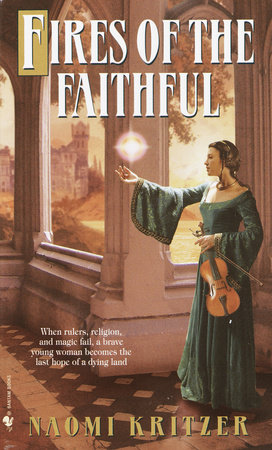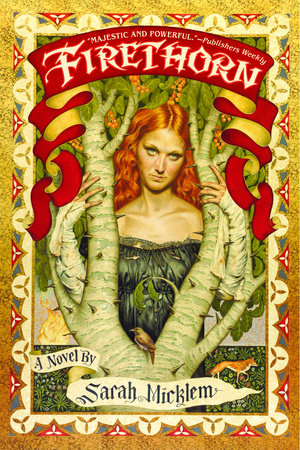


-
$14.00
Jun 28, 2005 | ISBN 9780553383409
Buy the Paperback:
YOU MAY ALSO LIKE
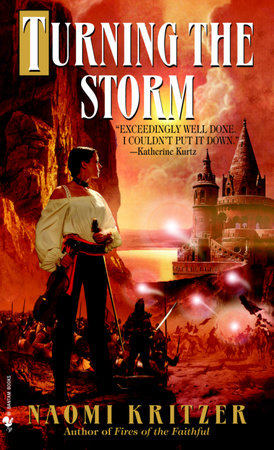
Turning the Storm
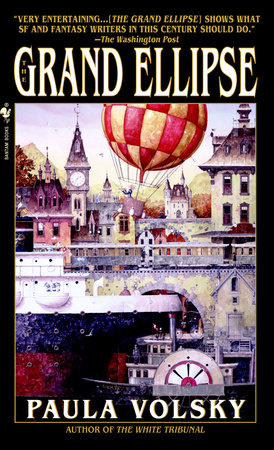
The Grand Ellipse
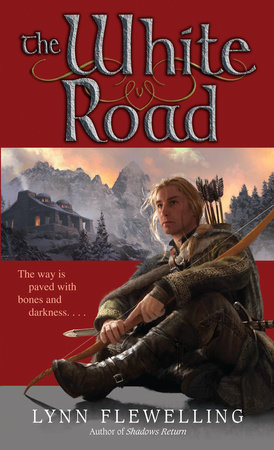
The White Road
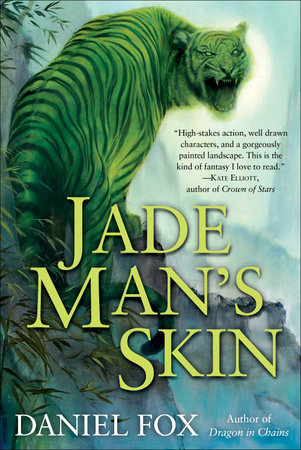
Jade Man’s Skin
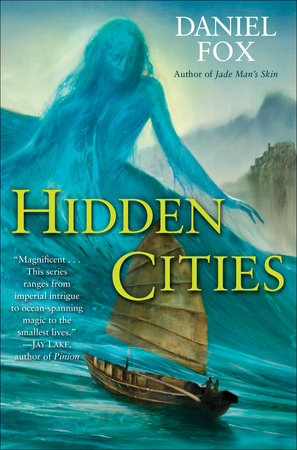
Hidden Cities
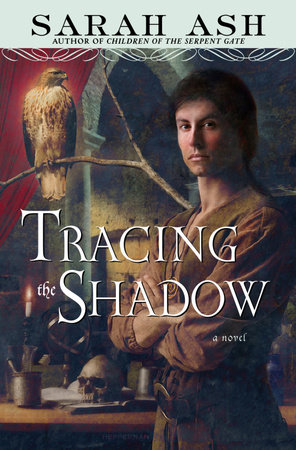
Tracing the Shadow
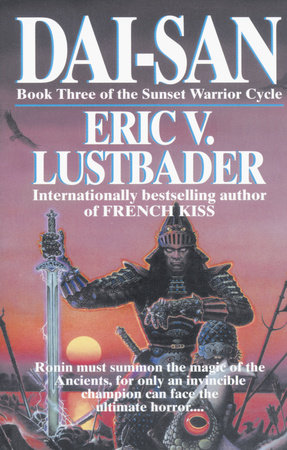
Dai-San
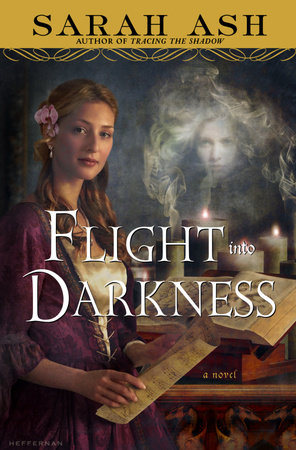
Flight into Darkness
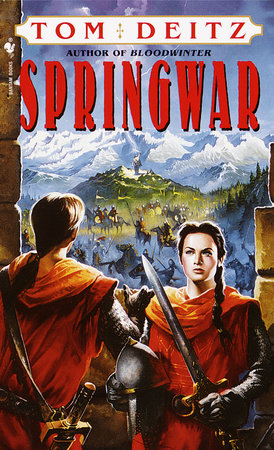
Springwar
Praise
“A sweeping adventure saga as mystical as it is raw…this hypnotic tale of passion and survival will resonate with sophisticated readers of both sexes.” —Publishers Weekly, starred review
“A great piece of gritty, feminist fiction, distinguished by a heroine whose vulnerabilities and fresh voice as narrator make her easy to love.” —Booklist, starred review
“Gritty, sinewy, exceptionally well researched, and highly impressive.” —Kirkus Reviews
“Engrossing, suspenseful and uncompromising, this is a novel that sets a great story into motion, leaving readers eager for the next chapter.…Its story is so complex and compelling that it will seduce even reluctant readers.”—SciFi Weekly, A- pick
“ ‘Expect the unexpected’ may sound like a stale cliché, but applied to the future volumes of this trilogy, and the future career of Sarah Micklem, it becomes both a lure and a promise.”—Locus, New & Notable Book
“A fully realized world, full of grit and beauty, hungers of every kind, and gods who are either remote or meddlesome. She takes the time to let relationships develop and events unfold, giving us the sense of having lived and loved our way through Firethorn’s world. Micklem makes a worthy bid to be ranked with Robin Hobb, Mary Renault, and George R. R. Martin as a brilliant creator of realistic, character-centered fantasy. My only complaint is that the second book isn’t out yet.”—Orson Scott Card, author of Ender’s Game
“This is a stark and splendid novel. But the most astonishing thing about it is the suppleness of the style–almost no one writes a first novel this graceful. I look forward to whatever she does next.”—Robin McKinley, author of Sunshine
21 Books You’ve Been Meaning to Read
Just for joining you’ll get personalized recommendations on your dashboard daily and features only for members.
Find Out More Join Now Sign In








